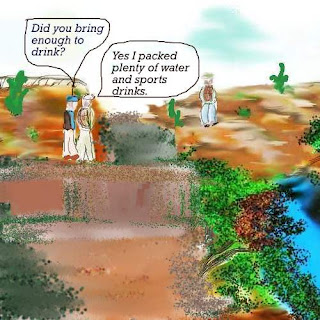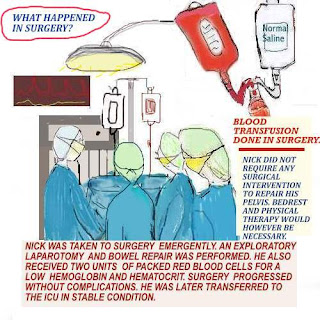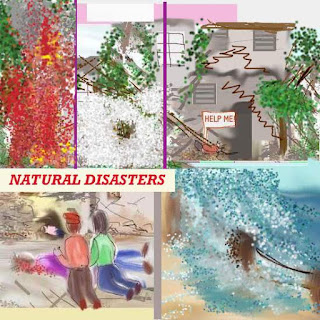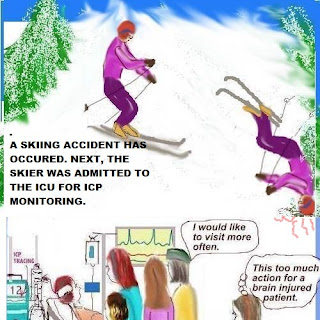CODE BLUE / THE NURSE'S ROLE
Scenario: Above is an example of a Code Blue in an
Emergency Room. The nurse has an important role in
effective communication.
The responsibilities of the nurse are numerous:
- staying calm in a chaotic situation
- giving clear instructions to coworkers
- making sure , MD orders are carried out correctly
- proper documentation
The nurse becomes the " binding force".





.JPG)

 Updated 5/25
Updated 5/25








 Dear nurses,
Dear nurses,

 Updated 12/24
Updated 12/24

